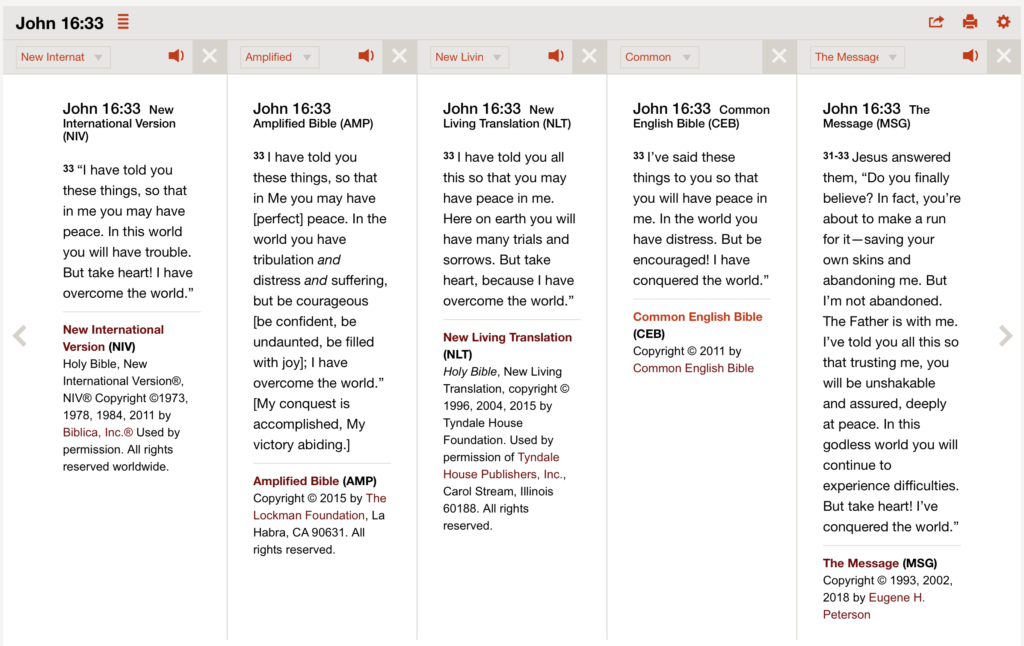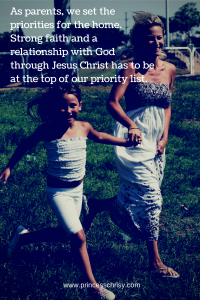How would you finish this sentence?
Here are some of the endings I thought of:
- good
- short
- strange
- beautiful
- a highway
- hard
- a journey
- an adventure
- complicated
- difficult
- expensive
- fun
- wonderful
- precious
- messy
- colorful
- cruel
- unfair
- yours
- a dream
- eternal
Today I have been bombarded with the fragility of life. First thing this morning I saw no fewer than six different posts on Facebook about loss of loved ones. Six.
Fathers, mothers, brothers, sisters, spouses, cousins, and friends whose earthly life is over. My heart is breaking for those who are facing these losses right now. I’ve been there and I know that it is hard in ways you can’t even comprehend until you are in the mist of the grief.
Of all of these losses, there is one that hit me like a punch in the gut this morning. We were just talking about him last night. The last update we saw just over a week ago was positive. We thought things were going well. And then suddenly they weren’t. And then this morning, we learned that he was gone, his fight over.
This one is tough for so many reasons. We shouldn’t be saying goodbye to friends our age. Of the four guys who stood up with Mike at our wedding, this is the second one we have lost to brain cancer. B was one of the most fun-loving people I have ever met in my life. My heart breaks for his wife and family who now have to find a new normal.
One of the questions that gets asked at times like these is, “why?” Why did this have to happen? Why do young people have to die? Why this person? Why now? Why? Why? Why?
And the thing is, the answer to this question is almost always, “I don’t know.” Which isn’t really an answer at all. In this life there will always be good and bad, joy and sorrow, gain and loss; it is simply the result of living in a world where sin entered through the choices of humankind, and with it brought darkness, pain, and trouble.
Perhaps the most troublesome issue in all of life is this, what we call the problem of evil, or more accurately the question of why a good God allows bad things to happen. (The theological term for this is theodicy, in case you wanted to know. If you didn’t want to know, you can be like my son and say, “thanks, but I don’t remember asking.” I won’t hear you, but you can say it.)
Theologians have attempted to reconcile the good God, bad things dilemma for centuries and there are all kinds of ways to address the issues and questions raised, (don’t worry, I’m not gonna pull out the theology books and get into the nitty gritty here) and yet, humanity still struggles with this conundrum. Why? Because pain hurts. Sorrow hurts. Loss hurts. And no one likes to hurt. And because no one likes to hurt, we look for ways to place blame, and for some, the easiest place to lay blame is on God.
One of the scriptures that we often use to talk about how Christians can go on living in the midst of troubles is John 16:33. here are just a few of the ways that this scripture is translated/paraphrased:

In other words, in the midst of anything and everything that the world can throw at you, you can still have peace and be confident that all will turn out for the best because the work of Jesus Christ has already taken care of it all. Here is where it get’s tricky to understand, though: while Christ has already overcome the world, we don’t see it. It’s already done, and yet it’s not fully evident to our eyes yet. And to live in the space between requires us to have faith.
When I was still a pretty small child, I spent a lot of time reading and memorizing passages in the bible. King James Version of course. This passage that speaks of the nature of faith was one of them:
Now faith is the substance of things hoped for, the evidence of things not seen.
Hebrews 11:1
What I love most about this particular verse in this particular translation is the fact that faith is considered EVIDENCE. Our faith comes as a result of believing certain things are true about our God and our Savior, and that faith is EVIDENT in the way that we live our lives in light of those things that are unseen with human eyes.
Let me give you an example of this kind of faith (that also happens to brag on my mom a little.)
My dad passed away suddenly almost three years ago now. It was a HUGE blow to all of us, but was hardest for my mom, who lost her husband of nearly 45 years, less than a week before celebrating their 45th Wedding Anniversary. My parents did nearly everything together, and while they had been living in Greenville for a few years at that point, they didn’t have the roots here like they would have in Taylorville where they lived a big chunk of their married life.

Mom’s faith is what got her through those early days, and what still gets her through today. She misses my dad greatly, but she believes not only that Dad is with the Lord, but that God loves and cares for her every day. She has made new friends, created new routines, reached out to others, and at times I think she has a more active social life than I do. She also believes that God can (and does) use their story as a way to show others the saving power and grace of Jesus Christ. Her faith in God and the power of God’s story in their lives led her to write a book, and work hard to get the book published in order to share it with as many people as possible.
This is what faith looks like for her. This book (and so much more in her life) is just one piece of EVIDENCE that points to her deep faith and hope found in Jesus Christ.
While life can be all of those things listed at the top of this post, and much more, today I choose to finish this sentence this way:
Life is an opportunity in which to live lives of faith that is EVIDENT in all that we say and do.
How would you finish this sentence today? Leave a comment or send me a message and let’s talk!


